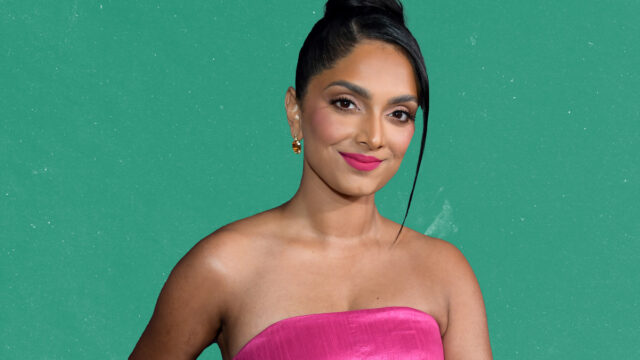That’s because the influencers who are building long-term, trusting relationships with audiences are the ones who will benefit when the truth is in question. When information is commoditized and perspectives flood the internet generated en-masse by AI, who do you trust?
You trust the people who you already have relationships with, are authentic and care about putting out quality content. Even as platforms prioritize discovery, this will almost certainly put a renewed spotlight on creators invested in building communities, not just chasing views.
Refocusing on creators and influencers with bigger followings will also have the downstream effect of causing many influencers to become brands. This is obviously already happening; influencers like Logan Paul launching Prime and Mr. Beast selling Beast Burgers. But as people put even more of their trust in these types of creators, whether for guidance on food, fashion, music, beauty, politics, health or fitness, this is only going to increase and eventually challenge more traditional brands.
Getting prepared
As AI-generated content exerts its influence on social media and audiences turn to influencers, both brands and agencies should be thinking about creators as more than one-off or even long-term partners on the marketing side. Rather, they should look at how they can partner with creators and influencers on creating products and constructing relationships with creators where there is shared equity so that creators truly feel ownership and inclusion in the product’s success.
For example, the home organizers from The Home Edit leveraged their social presence, landing them a Netflix show, which then led them to partner on a few product lines with Walmart and The Container Store. This not only drove sales for each brand but increased the breadth of The Home Edit’s audience. Years (and Emmy nominations) later, their followers still feel super connected to the two founders and their staff because of their honest and open approach on social media.
Influencer Emma Chamberlain and clothing brand PacSun have struck similar partnerships over the years, collaborating closely to create a specific line that reflected her style, with Chamberlain acting as the creative director. Emma promoted the partnership heavily via PacSun’s TikTok, through her own channels and by starring in PacSun’s VR game/experience. This drove PacSun’s success on social, helping them grow faster than Old Navy, Abercrombie and American Eagle.
For agencies, building these sorts of partnerships means fundamentally shifting their thinking. Partnering with influencers who are launching brands, but also developing more innovative marketing approaches to appeal to influencers who innately understand marketing in 2023.


